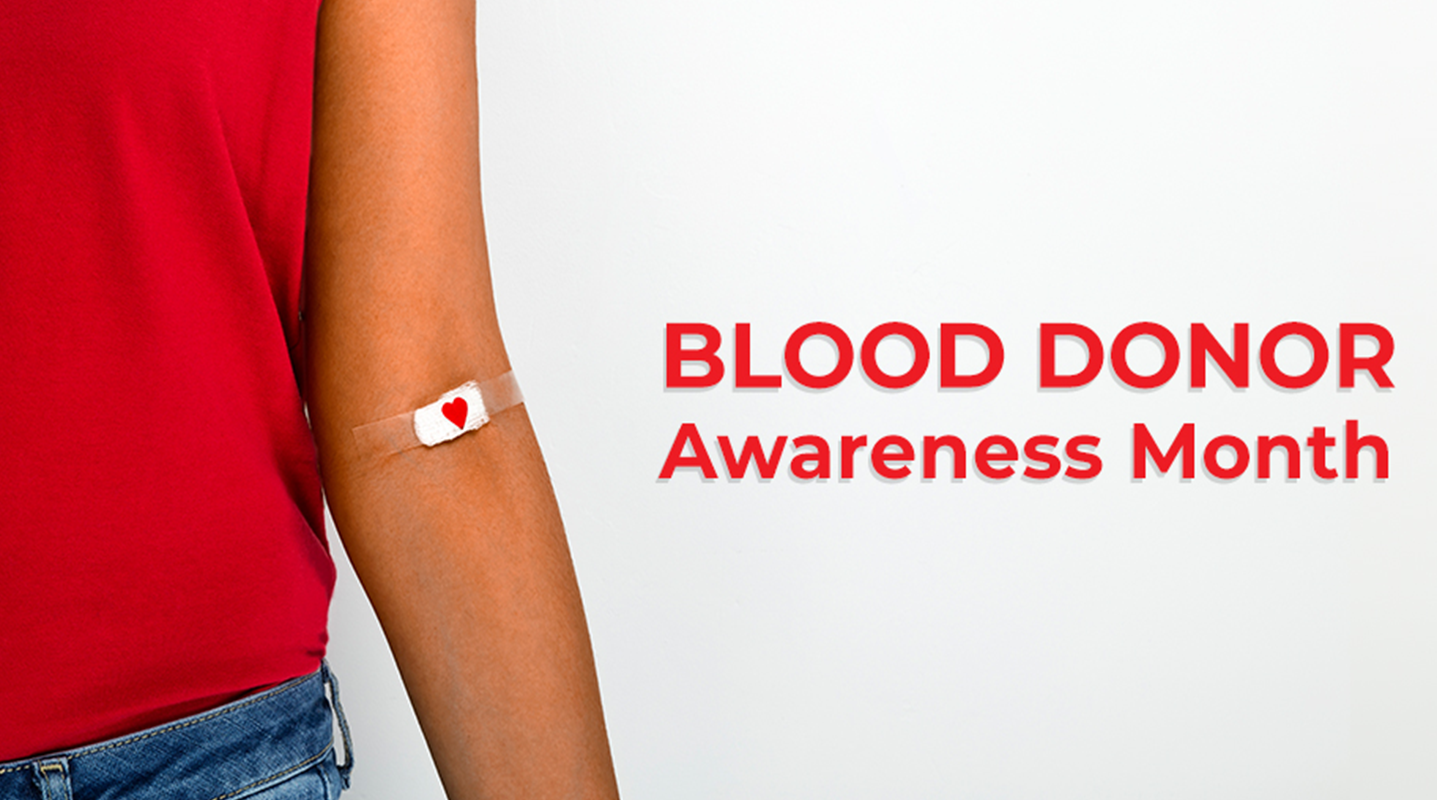Why Donate Blood
January 04, 2022

Did you know that every pint of donated blood can save up to three lives? For National Blood Donor Month in January, make a New Year’s resolution that will help save lives. Memorial encourages you to be a regular blood donor.
Every two seconds in this country, someone needs whole blood, red cells, plasma and/or platelets. On a daily basis, the total need is great:
- 29,000 units of red blood cells
- 5,000 units of platelets
- 6,500 units of plasma
Only 38% of the U.S. population can donate, and typically only 10% do. Making matters worse, the COVID-19 pandemic has canceled blood drives and reduced blood donations further.
Your Help Is Needed
Donated blood is essential for surgeries and the treatment of cancer, chronic illness and traumatic injuries. A single car accident victim, for example, may require as many as 100 units of blood.
And there is no suitable substitute for human blood. That’s why blood donors like you are incredibly important.
The benefits of donating are many — first, of course, is the potential to save lives. There is also the immense satisfaction that comes with an act of giving, and there are health benefits for the donor, too. The American Journal of Epidemiology has found that blood donors are 88% less likely to have a heart attack or stroke.
OneBlood is the primary blood donation organization in Florida.
How Blood Donation Works
Can I donate blood?
Eligibility depends on several factors, including:
- Age: 16 years or older (16-year-olds need a signed Parental Consent Form)
- Weight: Minimum of 110 lbs
- Medications: Some drugs may temporarily defer you from donating
- Medical history: People with low iron are not eligible
Potential donors are screened to determine eligibility and good health on the day of donation.
How much blood is collected?
For whole blood donation, about a half-liter (16.9 ounces) is collected. For other blood products, the amount collected depends on your height, weight and platelet count.
How long does blood donation take?
The entire process, from registration to post-donation refreshments, takes about an hour. The actual donation takes just 5-10 minutes.
How often can I donate blood?
Eligible blood donors can donate every eight weeks. If you begin donating at age 17 and donate every eight weeks, you will donate 48 gallons of blood by age 76!
What if I am not eligible to donate blood?
You can help in other ways, for example:
- recruiting a suitable donor,
- volunteering at your local blood bank, or
- a cash donation to support the work of your local blood bank.
What’s Your Blood Type?
Some blood types are in greater demand than others.
Type O negative red cells, for example, can be given to patients of all blood types, but only 7% of Americans are type O negative.
Similarly, type AB plasma can be given to anyone, but only 4% of people are type AB blood.
Your blood type will be verified at time of donation.
Unfortunately, donated blood doesn’t keep indefinitely; it has a shelf life. Red blood cells must be used within 42 days, and platelets must be used within five days. Local blood banks try to keep a three-day supply on hand, so fluctuating inventory and high demand can create a shortage.
This is why your help is needed. Donate blood if you can, and donate regularly.
For more information or to find a blood donor center or donor event near you, visit OneBlood.org.
